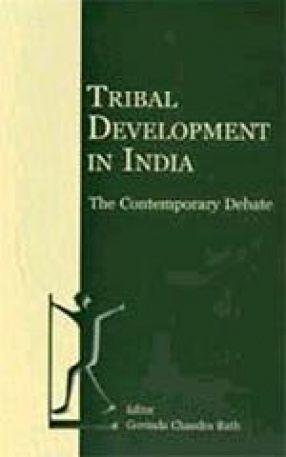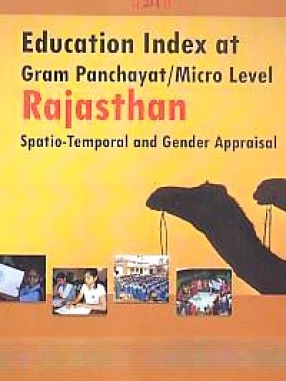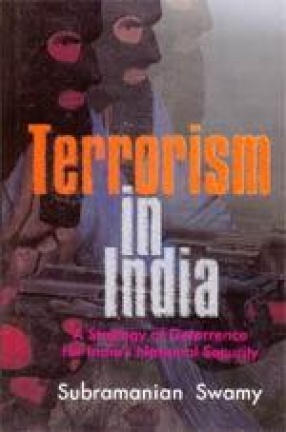Among India’s ‘people at the periphery’ are its tribals. Development planning in India has attempted to foster their empowerment by focusing on food security, health, education, employment and income generation. Fifty years of such planning, however, has failed to narrow the gap between the tribals and the rest of the population, and has instead actually reinforced the unequal exchange between the two. The thirteen seminal essays in this volume investigate the failure of the welfare model of development as applied to tribal India, and the consequent efforts by tribes to better their lot by seeking political autonomy and the restoration of traditional rights to natural resources–namely, water, forest and land. There are case studies of little-known movements, such as Dalitism in Jharkhand and the Kamatapur movement in Bengal. The contributors examine all the most important issues affecting India’s tribal population, including: the search for political autonomy; the struggle against land alienation; rights to resources and decision-making; the decline in traditional occupations; environment, ecology and sustainability; displacement caused by large infrastructure projects; the impact of development schemes on gender relations; and globalisation and the shift from isolation to integration. Overall, this volume offers a compact yet comprehensive understanding of the tribal experience of development in India. It will be useful to students of sociology, social anthropology, economics, political science and education, and to those interested in grassroots development (including planners and policy-makers) in a context that is still by and large hidden from the public view.
Tribal Development in India: The Contemporary Debate
In stock
Free & Quick Delivery Worldwide
reviews
Bibliographic information
Title
Tribal Development in India: The Contemporary Debate
Author
Edition
1st ed
Publisher
ISBN
8178295652
Length
340p., Figures; Tables.
Subjects





There are no reviews yet.